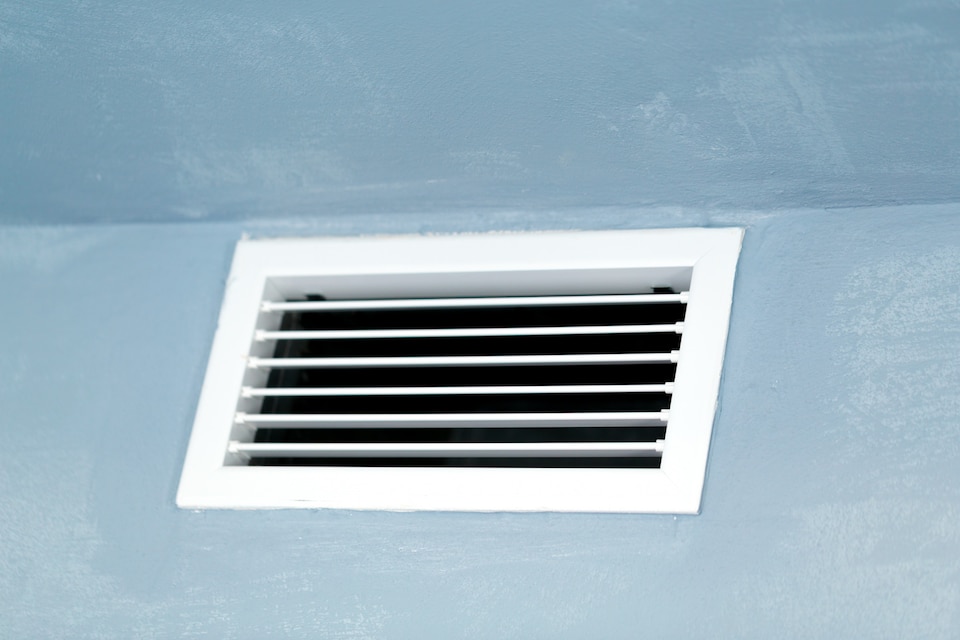Replacing your heater is a significant decision that can have long-term financial implications. While repairs might seem like a cost-effective solution in the short term, investing in a new heating system can provide greater benefits over time. Understanding the long-term savings associated with heater replacement can help you make an informed choice.
Benefits of Upgrading to a New Heater
Upgrading to a new heater provides many benefits that go far beyond initial comfort. One of the primary advantages is enhanced energy efficiency. Modern heaters are designed with advanced technology that allows them to use less energy while providing better heating. This improved efficiency leads to lower monthly utility bills, allowing you to save money over the long term.
New heaters also offer improved indoor air quality. Older systems may circulate dust, allergens, and other pollutants throughout your home. New heating systems come with advanced filtration options and better ventilation, which can significantly improve the air you breathe. This is particularly important for individuals with allergies or respiratory issues.
Furthermore, upgrading to a new heater reduces maintenance needs. Older heating systems often require frequent repairs due to worn-out parts and outdated technology. New heaters are built with durable materials and come with warranties that cover potential issues, giving you peace of mind and reducing the frequency of service calls. Investing in a new heater ensures reliable performance and long-term savings on repair costs.
Comparing Long-Term Costs Between Repair and Replacement
When it comes to deciding between repairing your current heater or opting for a heater replacement, it’s essential to consider long-term costs. While repairs might seem like a more affordable solution upfront, the cumulative costs over time can be significant.
1. Cost of Continuous Repairs:
Frequent repairs can add up quickly. Each time a component fails, you’ll need to pay for parts and labor. Over several years, these costs can exceed the price of a new heater. Additionally, older heaters are more likely to break down, which means more frequent expenditures on repairs.
2. Efficiency and Energy Costs:
Older heaters are often less efficient, consuming more energy to heat your home. This inefficiency translates to higher monthly utility bills. New heaters are designed to be energy-efficient, reducing your energy consumption and saving you money each month. Over time, these savings can offset the cost of a new unit.
3. Reliability and Peace of Mind:
A new heater offers greater reliability, reducing the likelihood of unexpected breakdowns. This reliability is particularly valuable during the colder months when a malfunctioning heater can compromise your comfort and safety. Investing in a new heater ensures consistent performance and confidence in your heating system.
By comparing long-term costs, it becomes clear that heater replacement is often the more cost-effective choice. New heaters offer better efficiency, reduced repair costs, and enhanced reliability, making them a wise investment for the future.
Key Factors to Consider When Choosing a New Heating System
Choosing the right heating system for your home involves careful consideration of several key factors. These factors will ensure you select a heater that meets your needs and maximizes efficiency.
1. Size and Capacity:
It’s crucial to choose a heater that is appropriately sized for your home. A system that is too small will struggle to heat your space, while one that is too large will cycle on and off frequently, wasting energy. Consulting with our professionals can help you determine the correct size based on your home’s square footage and insulation.
2. Energy Efficiency:
Look for heaters with high energy efficiency ratings. These systems use less energy to produce the same amount of heat, reducing your utility bills. Check the heater’s AFUE (Annual Fuel Utilization Efficiency) rating, which measures how efficiently a unit converts fuel into heat. A higher AFUE rating indicates better efficiency.
3. Fuel Type:
Consider the type of fuel the heater uses. Common options include natural gas, oil, electricity, and propane. The availability and cost of these fuels in your area should influence your decision. Natural gas and electric heaters are typically more common and may be more cost-effective in the long run.
4. Advanced Features:
Modern heaters come equipped with advanced features such as programmable thermostats, variable-speed blowers, and smart home compatibility. These features enhance comfort and allow for better control and customization of your heating system.
By considering these factors, you can choose a heating system that offers optimal performance and long-term savings. Consulting with our professionals ensures you make an informed decision.
Maximizing Savings with Professional Heater Replacement
Maximizing savings with a heater replacement involves more than just choosing the right unit. Proper installation and regular maintenance are key to ensuring your new heater operates efficiently and lasts longer.
1. Professional Installation:
Proper installation is critical for your heater’s performance and efficiency. Our professionals have the expertise to install your new system correctly, ensuring all components are properly connected and calibrated. This reduces the risk of future problems and enhances the heater’s lifespan.
2. Regular Maintenance:
Routine maintenance keeps your heater running smoothly. Scheduled inspections and tune-ups by our technicians can identify potential issues before they become major problems. Regular maintenance includes cleaning filters, checking for leaks, and ensuring all parts are in good working condition.
3. Programmable Thermostats:
Using a programmable thermostat can optimize your heating schedule and reduce energy consumption. Program the thermostat to lower temperatures when you are not home and raise them before you return. This simple adjustment can lead to significant savings on your utility bills.
4. Sealing and Insulation:
Ensure your home is well-sealed and insulated. Proper insulation keeps warm air inside and reduces the workload on your heater. Check and seal any gaps around windows, doors, and ducts to improve your system’s efficiency.
By following these steps, you can maximize the savings from your heater replacement. Professional installation and regular maintenance are essential for enjoying the full benefits of your new heating system.
Conclusion
Evaluating long-term savings with heater replacement involves careful consideration of various factors, from initial benefits to ongoing costs and maintenance. Upgrading to a new heater offers enhanced energy efficiency, better indoor air quality, and reduced need for repairs, all of which contribute to significant long-term savings. Taking into account key factors like size, capacity, energy efficiency, and advanced features helps you select the best heating system for your home.
Maximizing your savings involves proper installation and regular maintenance to ensure optimal performance. Professional services from One Hour Heating & Air Conditioning provide the expertise needed to achieve these goals, giving you peace of mind and a comfortable living environment.
Ready to invest in a new heater? Contact us to schedule your heater replacement in Wylie, TX, and start enjoying the benefits of a more efficient heating system today.











